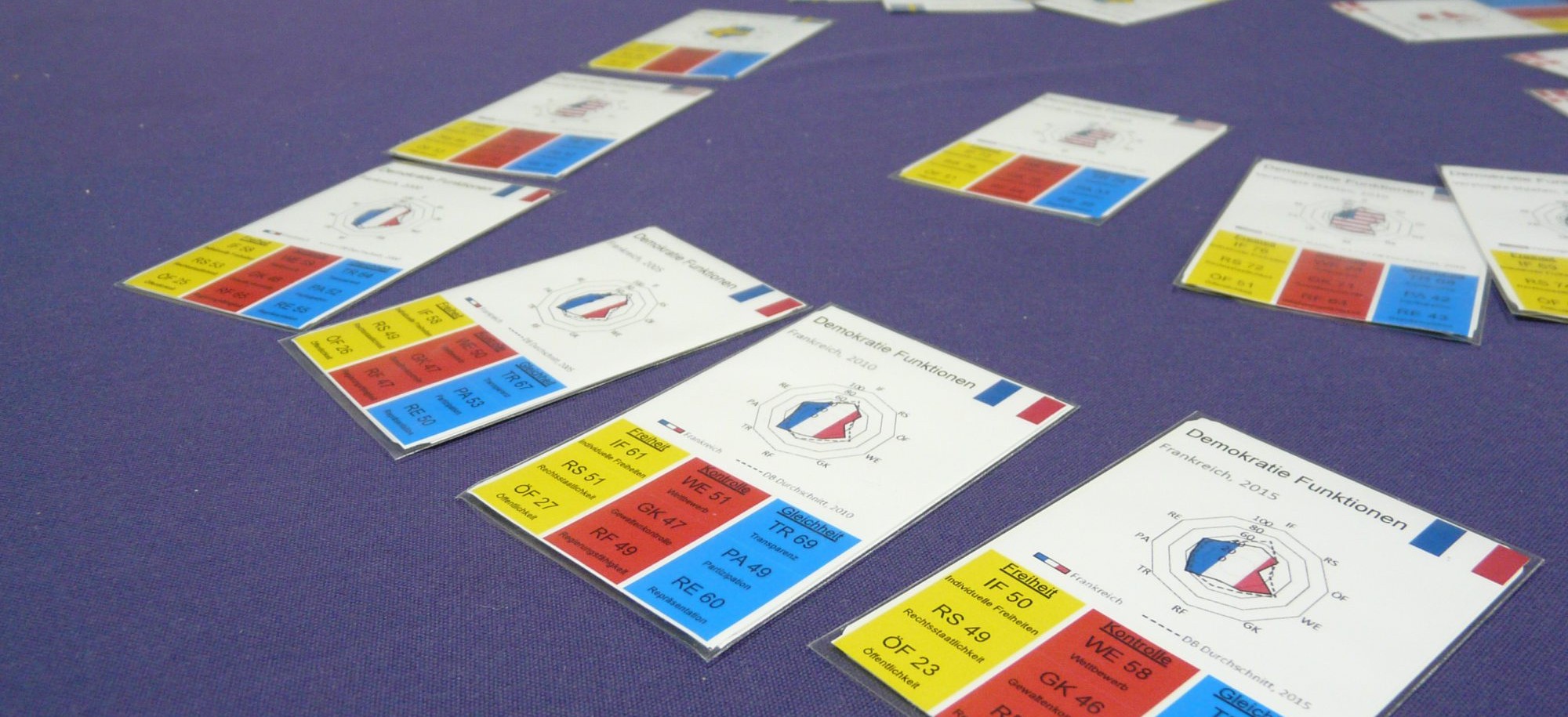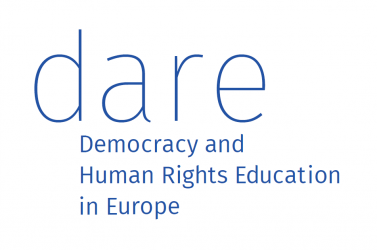By Nils-Eyk Zimmermann/EntreComp 360
Proactivity and innovation are crucial for the further development of resilient democratic societies. Civil engagement and participation are important elements of active citizenship, a basic condition for an innovative and democratic Europe.
Thus, the Council of Europe’s Charta on Education for Democratic Citizenship and Human Rights Education is putting this active component of civic education at core, aiming to help learners “to play an active part in democratic life”.
Also in the labor context new and sometimes disruptive developments require active responses. We have witnessed various crises in Europe that have particularly affected the youth. As an overall development, digital transformation s challenging workers and enterprises, civil cosiety and citizens. Young citizens need to find ways into the labor market, as employees and maybe also as entrepreneurs.
Education might help in such processes of active (re-)orientation with a holistic, human-centered and systemic understanding of learning and teaching.
Inline with the EU concept of Key Competences for Lifelong Learning the EntreComp competency framework is focusing on one area of these key competences, the proactive aspects and the importance of value creation through civil engagement or entrepreneurship. In conrast to the usual connotations that people have with the term “entrepreneurship”, in EntreComp it is not only describing the gain of economic literacy or an economic mindset. This would be a classic economical educational approach. It is covering all kind of social, cultural, and economc activities intending to create value or social impact in the society.
According to EntreComp, also active cultural pedagogy and active citizenship education is entrepreneurial.
EntreComp is pointing on one problem in European education and learning. Too often proactivity, engagement and entrepreneurship are perceived as natural consequences of knowledge-centered learning and teaching. Therefoe, it is a challenge to create learning designs and learning spaces which acknowledge that “creation” starts with “creativity” and that “co-creation” is a fundamental condition for a shared social, cultural or economic impact or social innovation.
Finally, we should also mention one misunderstanding: Here is the field for a pedagogy of philantropist civil engagement, there we teach the business skills. Look at transitions in which our European societies are currently involved. In example, at digitalisation and people’s fear of becoming work- and useless. Look at the environmental challenges, requiring active intervention also on a very local level. Or look at the increased need of our democratic societies in Europe to finding constructive and democratic positions toward diversity or practicing inclusion in our societies.
We should ask: Is civil engagement and volunteering something “nice to have”? Isn’t it more and more becoming part of our societies’ critical social infrastructure? Especially democratic civil engagement.
From an educational point of view: Isn’t civil engagement and volunteering one of the biggest informal or non-formal learning spaces, where adult and youth outside schools might learn proactivity, experience self-efficacy or enjoy individual and collective self-organisation?
Democratic spirit and human-centered solutions for social challenges emerge from civil engagement, from forms of social entrepreneurship, in projects dedicated to the idea of commoning, in cooperatives and also in startups.
Let us overcome older idelogical debates and look for the intersections between our different educations of proactivity. Let’s explore, how civil engagement and civil society, social entrepreneurship and teaching and learning in schools might enrich each other and motivate young active citizens.
- This text is DARE’s welcome address to the conference “ESSENCE – Entrepreneurial Skills in School Education: Nurturing Citizenship and Entrepreneurship” held in the school IC “Fontanile Anagnino” in Rome Italy at June 5, 2021.


